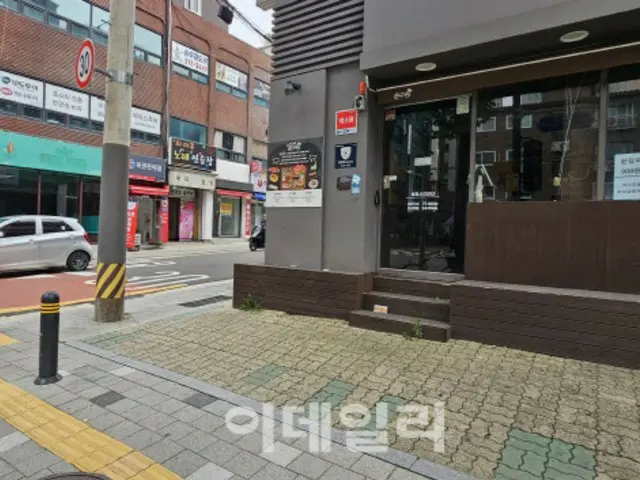Even taking into account the reality that there is a discrepancy between tax-declared income and actual income, a significant number of self-employed people in South Korea are effectively poor.
This shows a structural problem. According to documents submitted by the National Tax Service to Park Sung Hoon, a member of the National Assembly's Strategy and Finance Committee, on the 22nd, the 2022 individual business comprehensive income tax return was filed.
Of the 11,464,368 reported cases, 8,609,018 (75.1%) were cases in which the person had a monthly income of less than 1 million won (approximately 110,000 yen).
Of these, 944,250 people reported having no income at all, i.e., 0 won.
The number of cases reporting income of less than 12 million won (US$13,000) per year was 6,108,751 in 2019, 6,612,915 in 2020, and 2,371,000 in 2021.
The number of "0 won income" declarations has also been on the rise, from 649,016 in 2019 to 780,363 in 2020 and 831,301 in 2021.
The number of self-employed people in Korea is increasing. A significant number of self-employed people are livelihood-oriented businesses that are being pushed out of wage-earning jobs and are choosing to start their own businesses. In addition, large platform companies are also pressuring them with excessive fees and delivery charges.
This is interpreted as a reflection of structural difficulties. The lawmaker said, "The fact that about 75% of self-employed people cannot even earn 1 million won (US$1,000) a month shows how poor the economy is for small and medium-sized businesses and the self-employed."
"This shows how difficult it is," he said, adding, "We need comprehensive measures, including improvements to the low barriers to entry that lead to businesses jumping in without sufficient preparation and going out of business."
2024/09/22 19:32 KST
Copyrights(C) Edaily wowkorea.jp 99

